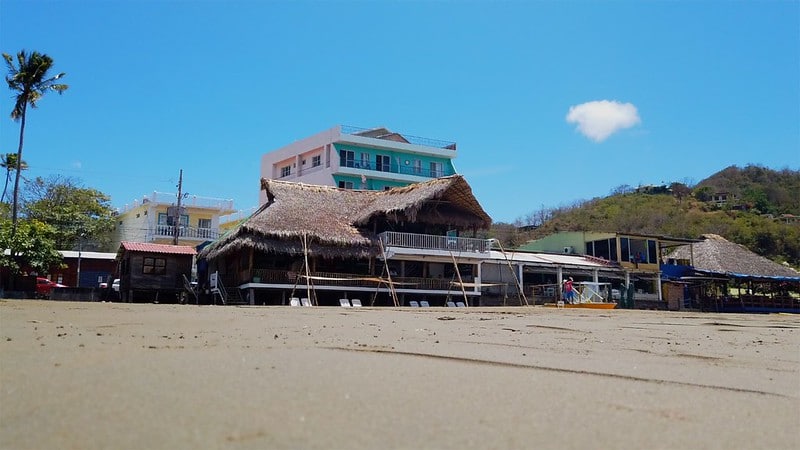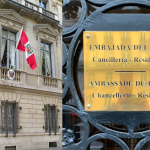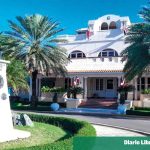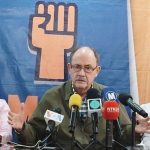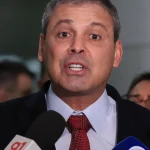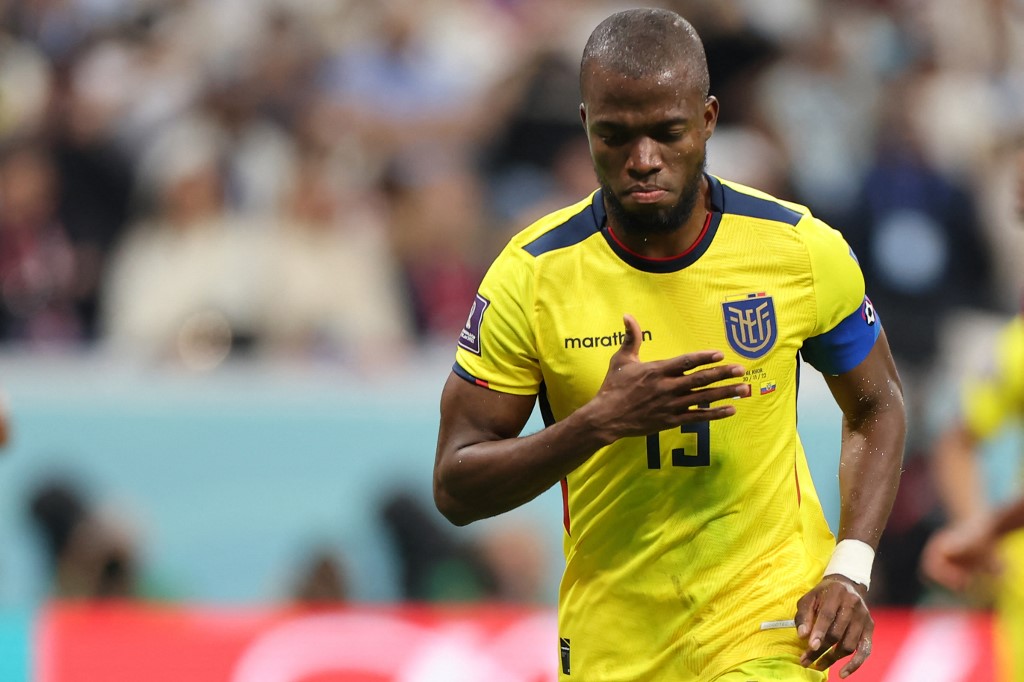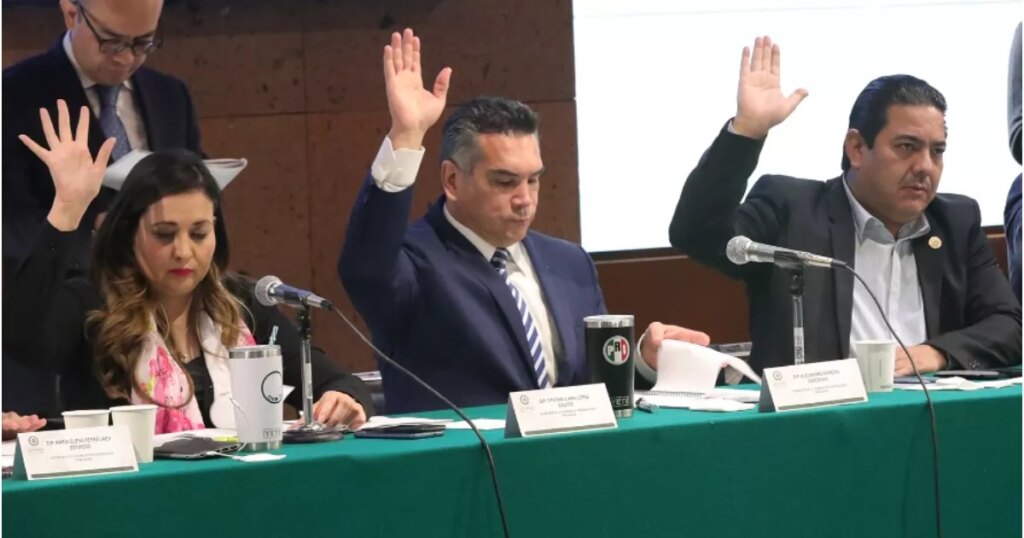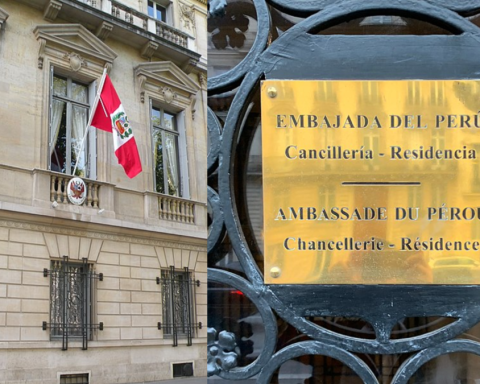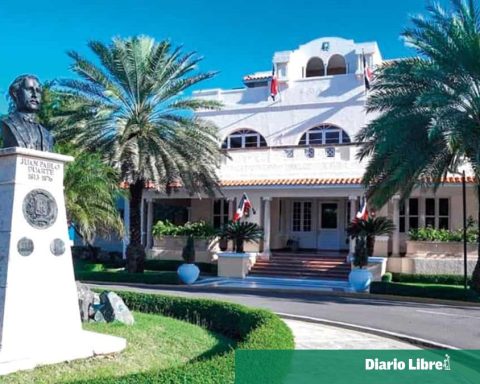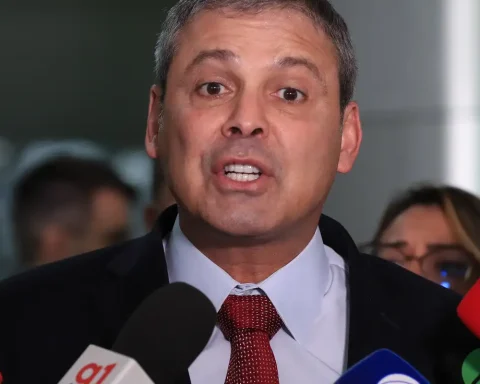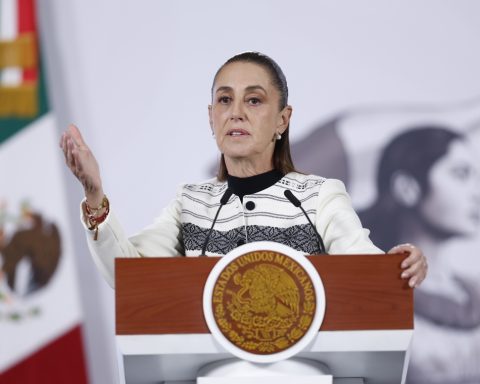The consecutive crises that Nicaragua has experienced since 2018 have hit companies, especially the smallest ones, affecting both the middle class that seeks opportunities in entrepreneurship, and among the office staff that depends on these initiatives to obtain a job.
When the entire world suffered different levels of paralysis from 2020, with the start of the covid-19 pandemic, Nicaragua was entering its first year of economic depressionproduct of the political crisis that erupted in 2018, which was followed by a socioeconomic crisis, which lasted until 2020, and represented the closure of thousands of companiesand with it, the destruction of hundreds of thousands of jobs.
This loss of jobs –and with it, the decrease in private consumption– hit many activities of the national economy, especially to tourism: if in 2017, the country received almost 1.9 million tourists, that number had fallen to 312,000 in 2021, which represents a decrease of 83.2%, according to data published by the Central Bank of Nicaragua (BCN).
The first blow suffered by the tourist activity was significant (534,000 visitors, or -28.7%) in 2018, and if the data shows a slight recovery of 2.9% in 2019, the pandemic came to deal a blow from which tourism entrepreneurs have not yet recovered, since in 2020, the country received 919,600 fewer tourists than in 2019, which represents a decrease of 67.2%.
Additionally, the decision of various international airlines to not return to the country until the strict measures were relaxed With which the Government of Daniel Ortega supposedly wanted to stop the spread of covid-19 (while in parallel they organized all kinds of massive activities invoking any excuse), prevented the airline industry from helping in the recovery of that sector.
CONFIDENTIAL He spoke with two small businessmen who had to close their businesses, finding themselves unable to continue operating in the country. One of them, being a victim of political repression. The other, simply because the crisis caused by SARS – CoV – 2, made it unfeasible to continue working.
no time to fix anything
In the year 2000, Alfredo Gutiérrez founded Gutiérrez Tours, a tour operator designed to serve the then growing number of tourists arriving in the country. Its owner tells CONFIDENTIAL –from exile in the United States– who spent two decades in the market promoting the Nicaraguan destination, mainly serving travelers from the United States (80%), as well as from England and Spain, among others.
Since they were a micro-enterprise, the most they had were seven employees, “in the times of greatest movement and stability”, basically because their job is to subcontract to companies in the tourist circuit: hotels, land and air water transportation, guides, reservations private companies, taxi drivers, dance groups, restaurants, bars, etc., and articulate a package to sell it to wholesale issuers, who resell it to their clients.
Almost two decades later, in 2017, when his political activity was already more notorious, Gutiérrez founded a company linked to construction, which he called Piedra Arte de Nicaragua. He recalls that “we brought Argentine technology and know-how to manufacture artificial stones for the façade of vertical constructions such as houses, offices or buildings. The business was beginning to mature, when the April 2018 Rebellion broke out.
The anxiety caused by the decision of Daniel Ortega and Rosario Murillo to stop the impetus for freedom of Nicaraguan citizens with bullets, led to a slowdown that affected many businesses, including the two owned by Gutiérrez, who had to cancel several tours that were already booked. and paid in advance.
When the international news began to show the cruelty of the massacre perpetrated by the regime, the businessman began to receive calls from his foreign partners asking about the situation in the country, and although they gave themselves a few days to see if the waters would calm down In the end, they requested the return of the money, which left the small company without a margin or any type of operation.
In the case of Piedra Arte, he recalls that in March 2018 they had a small customer base that gave the company stability, in reference to a purchase and sale contract that they had already signed with a developer, and another that they were about to sign in April, but “both decided to temporarily suspend their orders, at a time when we had already invested to begin fulfilling the contract,” he recalls.
Before the end of April, the developer with whom they had already signed notified them that the contract was being terminated, which generated losses because they had already invested to accumulate inventory. The other company also notified them that there would be no agreement, “because there was no environment to continue with the projects,” he said.
Faced with this reality, at the end of May they had to dismantle the factory and send the staff into retirement. He recalls that they made another attempt in mid-June, lowering fixed costs to make to order, until the economic crisis that arose as a result of the political crisis made their ventures unfeasible.
The following would be the attack against his physical integrity, when a sniper shot him in the March of the Flowers and then against his family, when they came to his house to shoot with AK rifles, the night of the attack on the parish of Divine Mercy, for which he decided to go into exile in the United States, where he had to work as an assistant and as a bricklayer; and painting and cleaning houses, although he now runs a construction company.
When they left, there was no time to close their companies, or to pay debts, or take the capital they had in their bank accounts, because “I couldn’t do the closing procedures, so everything was up in the air,” he says.
A very risky bet
In October 2019, while each actor in the Nicaraguan economy was looking for a way to continue operating in a situation of economic recession, Benjamín Delgadillo and his sister-in-law María Lourdes decided to found the tour operator Exclusive Nica Explorer, “to show the other side of León, because tourists They only know Cerro Negro, the Cathedral and the beaches”, he recounted.
It was not a decision taken lightly, but one in which they took advantage of not only the fact that María Lourdes has a degree in tourism and hotel management, but also relied on the knowledge of professors and university experts to design and offer the best product. possible.
From there was born a tour operator dedicated to showing the cultural baggage of the city, as opposed to those that schedule quick visits to museums, while acknowledging the powerful claim that means the proposal to do sandboarding (surfing on sand) in the Cerro Negro Volcano. , as well as take a tour of the Cathedral, or visit the beautiful beaches of the Leonese Pacific.
The result was that at the beginning of December they began to receive quite a few calls, despite the fact that, formally, the economy was in recession, and about to get into depression. The reason for this demand for their services is that “they liked our cultural offer”, which led them to serve Israeli, Colombian, Chilean and Nicaraguan tourists, in this case, Nicaraguans who hired them on their own, although they also offered packages for company staff.
All of that changed as of March 2020, when the pandemic took away what they had managed to build. “The arrival of the covid-19 was taking away what we had,” says Delgadillo, and although they thought they could count on the financial support offered by the Central American Bank for Economic Integration (CABEI), through the national bank, they quickly learned that it would not be so.
“We thought that these resources would help us get back on our feet, so we asked for $10,000, but although these loans were without guarantees, the banks asked us for them as if we were large companies, which led many of us to close,” he says.
In their case, they hoped to get that amount to buy a second-hand vehicle that would allow them to visit companies outside of León, in addition to acquiring camping equipment, to slide on the sand, and to hire advertising, but they asked them for properties that they could leave as collateral ; and that the vehicle was very recent, but “those cost more than the USD 10,000 that we were asking for,” he recalls.
Despite that frustration, they decided to continue working on their own, using their own resources, and although they managed to book some tours, they had to close in 2021.
Now, he works in a restaurant owned by his family, and she works as a sales executive in a hardware company. Although hundreds of thousands of Nicaraguans have placed their hope in the opportunities offered by the economies of other countries, Delgadillo is not considering leaving Nicaragua because “I want to stay close to my family, and I prefer to find another business to start over here.”
